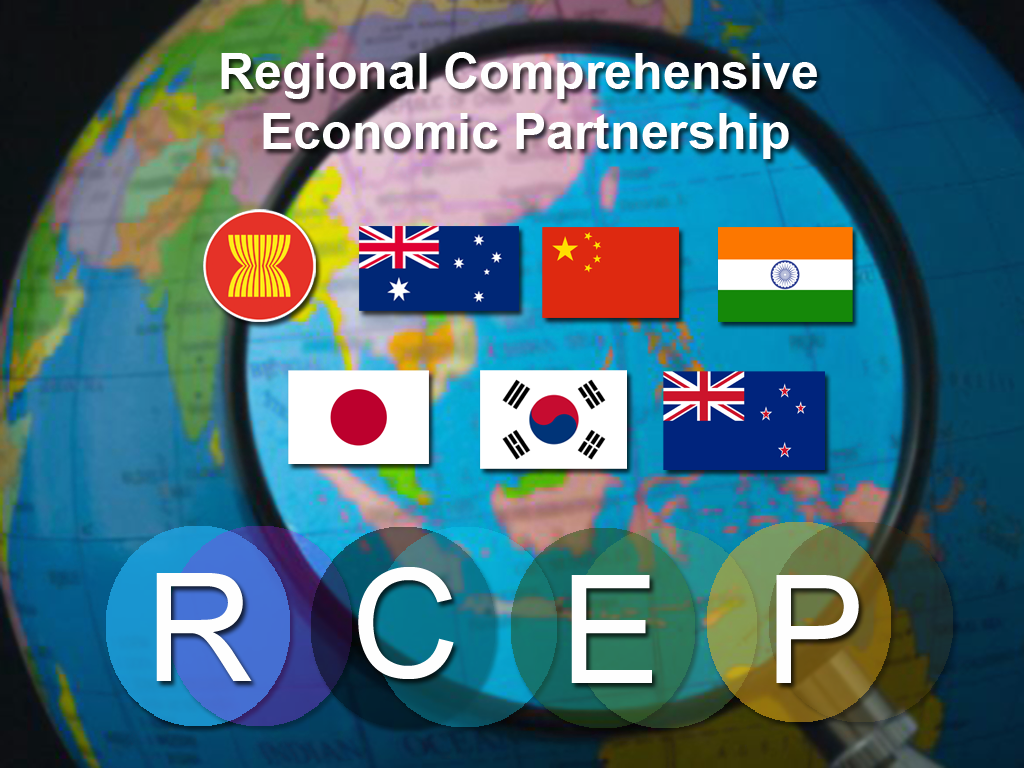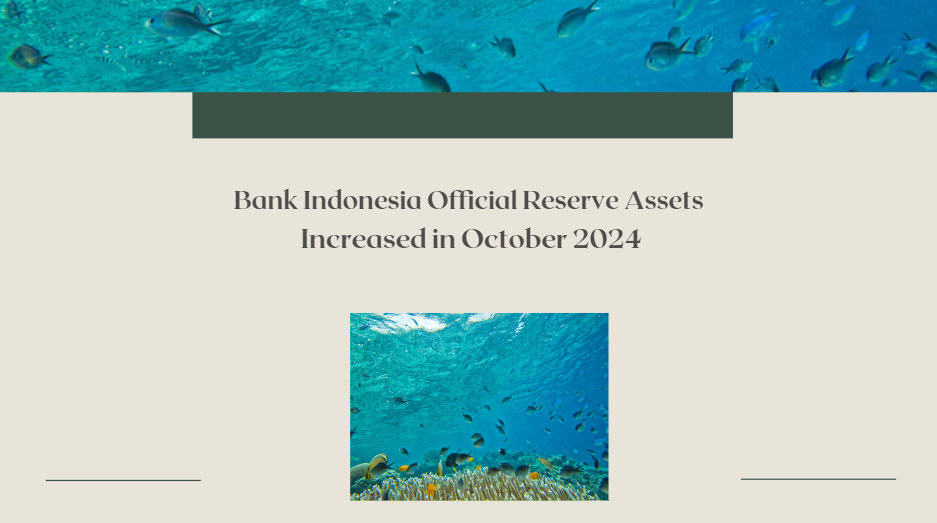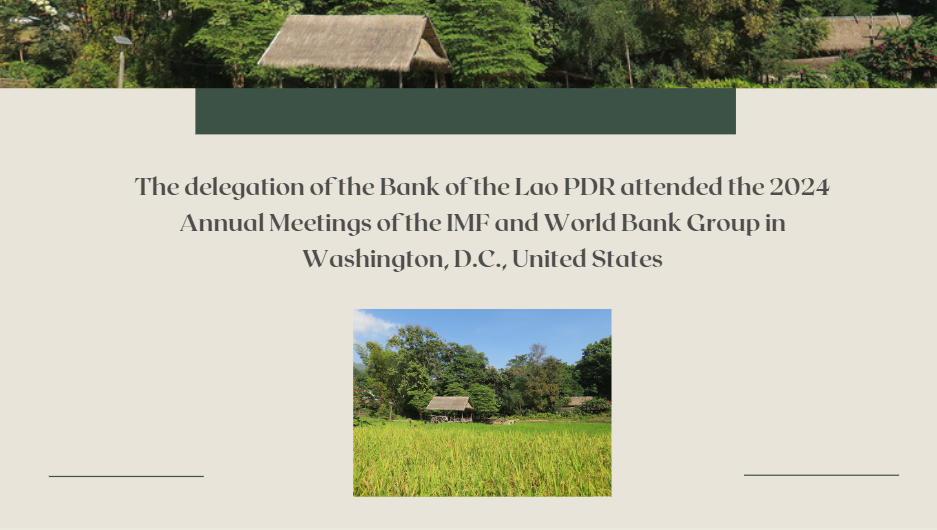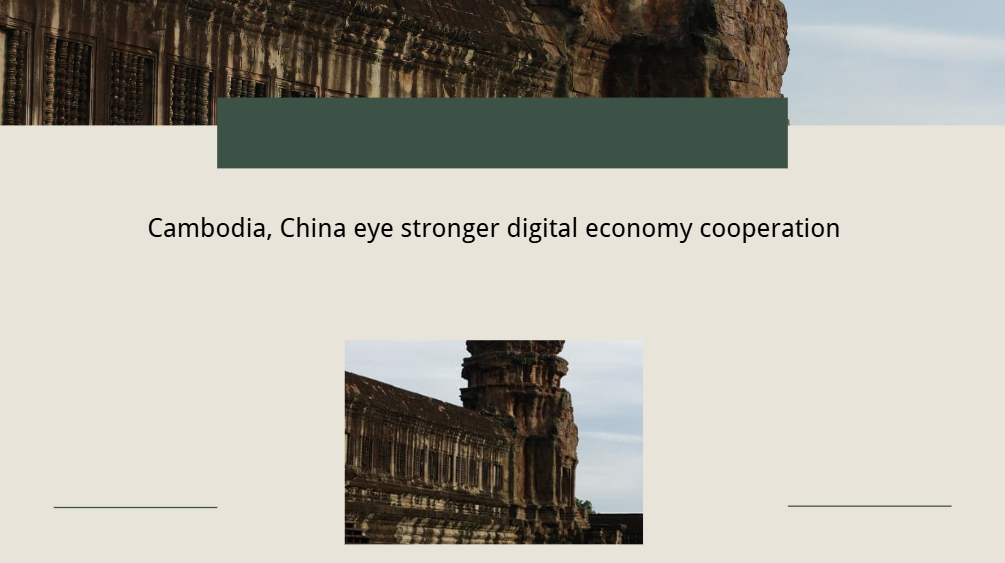Digitalization, sustainability, and diversification at the core of DOF policies to make businesses prosper, future-proof PH economy
The Department of Finance (DOF) spotlighted digitalization, sustainability, and diversification as pillars at the core of its policies to make businesses prosper and future-proof the Philippine economy.
“[We are committed] to implementing economic policies and revenue operations that are both forward-thinking and adaptable. Through digitalization, sustainability, and diversification, we are laying the groundwork for businesses to realize both short-term wins and long-term viability,” DOF Revenue Operations Group (ROG) Undersecretary Charlito Martin R. Mendoza said during the 6th Financial Executives Institute of the Philippines (FINEX) Cebu Summit on November 15, 2024.
FINEX is a non-profit organization serving as the country’s highest organization of senior finance professionals. Its sixth summit brought together industry leaders, policymakers, and innovators to explore the critical intersection of digital transformation, sustainable practices, and diverse growth strategies.
For the DOF’s part, Undersecretary Mendoza shared the major initiatives of the DOF aligned on these three core pillars.
Across the DOF agencies, digital systems are implemented to reduce friction, increase transparency, and optimize efficiency.
These include digitalization initiatives under Border Security Enhancement, Revenue Collection and Revenue Base Protection, Adaptive Regulations and Compliance Monitoring, Vigilant Enforcement, and Effective Engagement with Stakeholders and Inter-Agency Coordination (BRAVE) to generate much-needed resources for public projects and ensure that legitimate businesses can operate on a level playing field protected from illicit trade and market inefficiencies.
For instance, the Bureau of Internal Revenue (BIR) has in place the Enhanced Internal Revenue Stamps Integrated System; a robust digital framework under the Ease of Paying Taxes (EOPT) Act; the Enterprise Architecture; the upcoming E-Invoicing system; and the Swift Corporate and Other Records Exchange (SCORE) Protocol with the Securities and Exchange Commission (SEC).
For the Bureau of Customs' (BOC) part, it is implementing the adoption of a digital and integrated system for the Pre-border Technical Verification and Cross-border Electronic Invoicing of all import commodities; the Computer-Aided Risk Management Systems (CARMS) for post-clearance audits; and the enhanced Universal Risk Management System (URMS) to improve technical targeting and fraud detection.
Meanwhile, the Bureau of Local Government Finance (BLGF), BIR, and the Land Registration Authority (LRA) are working on building the infrastructure needed to standardize and digitize property tax records.
“Digitalization solves the many headaches for government tax collection and private sector transactions in all levels and areas of revenue operations and tax administration. We envision a Philippines where big and small companies find ease, speed, and reliability in their engagements with the government,” Undersecretary Mendoza said.
On sustainability, the Undersecretary said the Philippines is taking on more leadership roles in international climate resilience and recovery initiatives through the DOF.
In July 2024, the Philippines won the bid to host the Loss and Damage Fund (LDF) Board, which is a global mechanism designed to support countries that are most vulnerable to climate change. This enhances the country‘s access to climate finance, catalyzing investments that strengthen disaster resilience.
In addition, the Inter-Agency Task Force on Sustainable Finance (IATSF) or Green Force, is mobilizing both public and private sectors for climate finance initiatives.
On diversification, the Undersecretary reported that the BOC is working on integrating the ATA Carnet system, also called the International Passport for Goods, into their existing digital system.
“As we work to level the playing field locally, we equally focus on enabling Filipino businesses to expand internationally,” he stressed.
The ATA Carnet bolsters local exporters’ access to international markets by allowing the temporary importation of goods without the financial burden of duties and taxes.
On top of this, the DOF is enhancing the Philippines' network of Double Taxation Agreements to support local businesses in their international ventures.
“These agreements protect our tax rights while facilitating cross-border trade and investment. Expanding our DTA network, particularly within ASEAN, allows Filipino businesses to diversify their markets with fewer tax burdens, boosting their competitiveness abroad,” Undersecretary Mendoza said.
He announced that the Philippines' DTA with Cambodia is expected to be signed next year, while current negotiations with Lao PDR are ongoing. The DOF is planning to renegotiate the DTAs with Indonesia, Malaysia, and Singapore.
It is likewise strengthening transparency and compliance through partnerships like the Mutual Administrative Assistance in Tax Matters and the Automatic Exchange of Information to safeguard tax revenues and help create a fair, rule-based system for businesses operating across borders.
In closing, Undersecretary Mendoza assured FINEX that the government stands firmly beside them, committed to advancing more digital infrastructure that simplifies regulatory compliance, further strengthening economic resilience against climate change, as well as fostering a fairer and more competitive investment environment.
“Together, we are building a tomorrow that not only meets today’s demands but also rises to the challenges and opportunities of the future,” he said.























































First, please LoginComment After ~